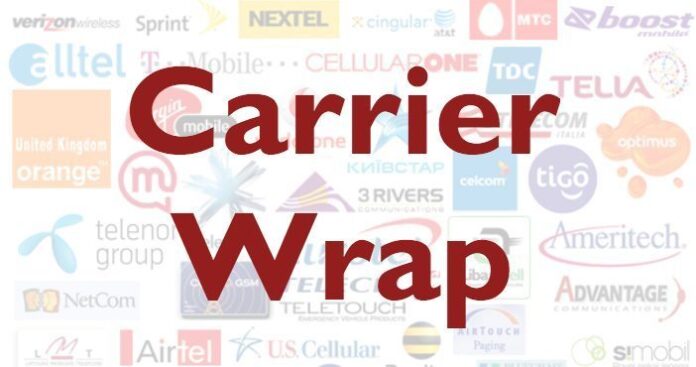Printable electronics manufacturing, self-optimizing network products and an end-to-end video processing platform were highlights of a fast-pitch session with wireless carriers at the Telecom Council Carrier Connections conference.
Reps from wireless carriers Deutsche Telekom, Verizon Wireless, AT&T, BT and Smart heard five-minute presentations from companies with market-ready products at the Mountain View, Calif., event.
Network optimization products were presented by Eamonn Gormley, CTO at Eden Rock, and William Chow, CTO and co-founder of Mobolize.
Gormley showcased Eden Rock’s “flagship product,” Eden-Net, which is standard on T-Mobile US devices.
“It’s currently providing optimization automation for their 2G, 3G and LTE networks,” he said.
The multivendor, multitechnology tool uses SON algorithms to optimize capacity for some 50 million users.
“We can predict what’s going to happen in the network before we actually apply parameter changes,” Gormley told investors. “We also have geo-location solutions. We have better visibility as to where users are in the network and use that information to drive SON algorithms to drive optimization capabilities.”
Chow differentiated Mobolize as providing optimization at the endpoint, “which allows us some clear advantages. That allows us to be smarter about when optimization is applied down a device level.”
Chow explained that data congestion is avoided by on-device caching. “It does it at the endpoint using just a simple application. We can change the time it takes to deploy a solution.”
Device-based optimization saves infrastructure investment, thereby changing the “cost model,” Chow said.
Changing gears, Thin Film Electronics EVP of sales and business development Jennifer Ernst discussed her firm’s development of near-field communication products.
“We specialize in actually making electronics in a completely new way,” she said. “We print active electronic components.”
Ernst’s video presentation showed a printed label with an NFC integrated sensor feeding temperature data to a mobile phone.
“With this technology we’re able to pick up key points of data. The reason we care about printing as a way to manufacture electronics is really about scalability. We can print by the mile. We get to scalability we just can’t get with conventional electronic technology.”
She outlined “intelligent labels that can gather data, then that data can be collected over the mobile networks. Every object can have intelligence embedded.”
David Colodny, senior director of business development for New York City-based Kaltura, touched on four major trends in video delivery: video at the intersection of cloud, mobile, big data and collaboration.
“It’s starting to really affect everyone’s business today. Our mission is to power any video experience,” Colodny explained, adding that the open-source platform allows for end-to-end video processing from creating to uploading, distribution, analytics and meta-data management. Colodny added that Kaltura has 100 million users worldwide.
Other pitches to carriers came from Parallel Wireless, Mirantis, Egnyte, Peel and Neo4j.
Videos of all the TC3 fast pitches are available here on the RCR Wireless News YouTube channel.

